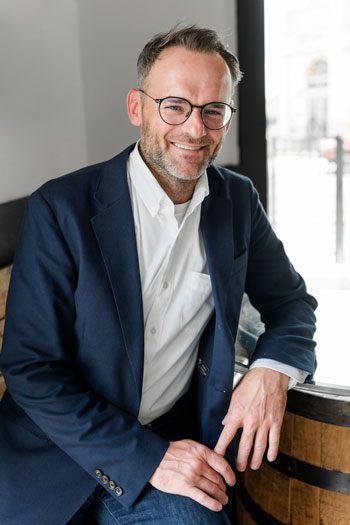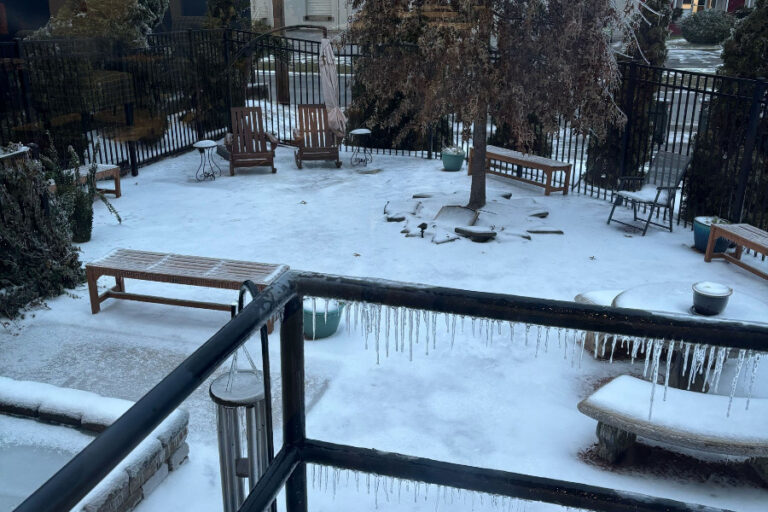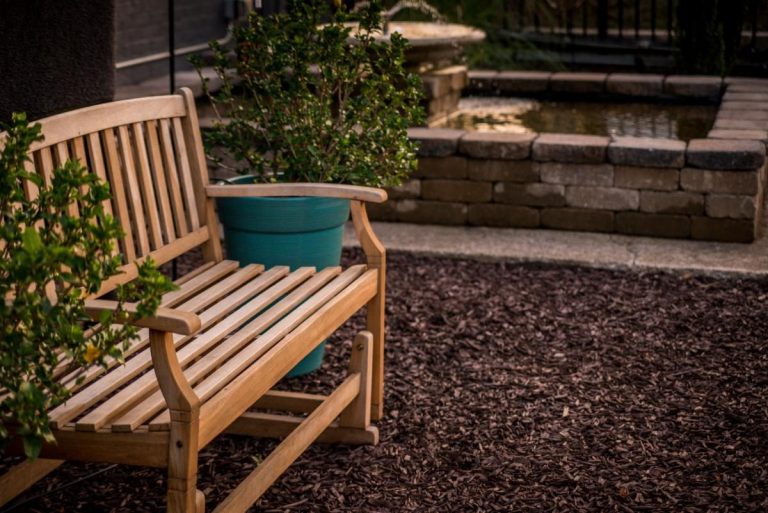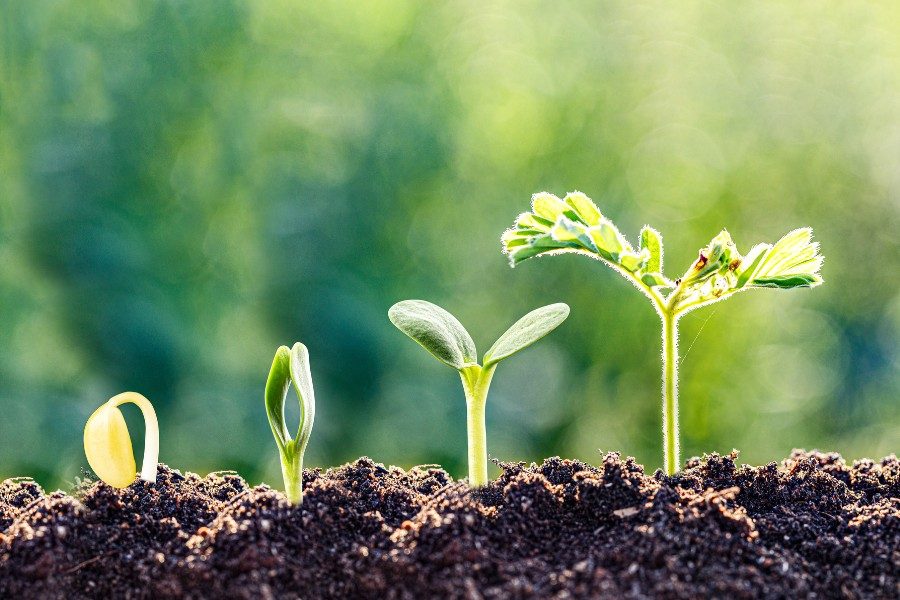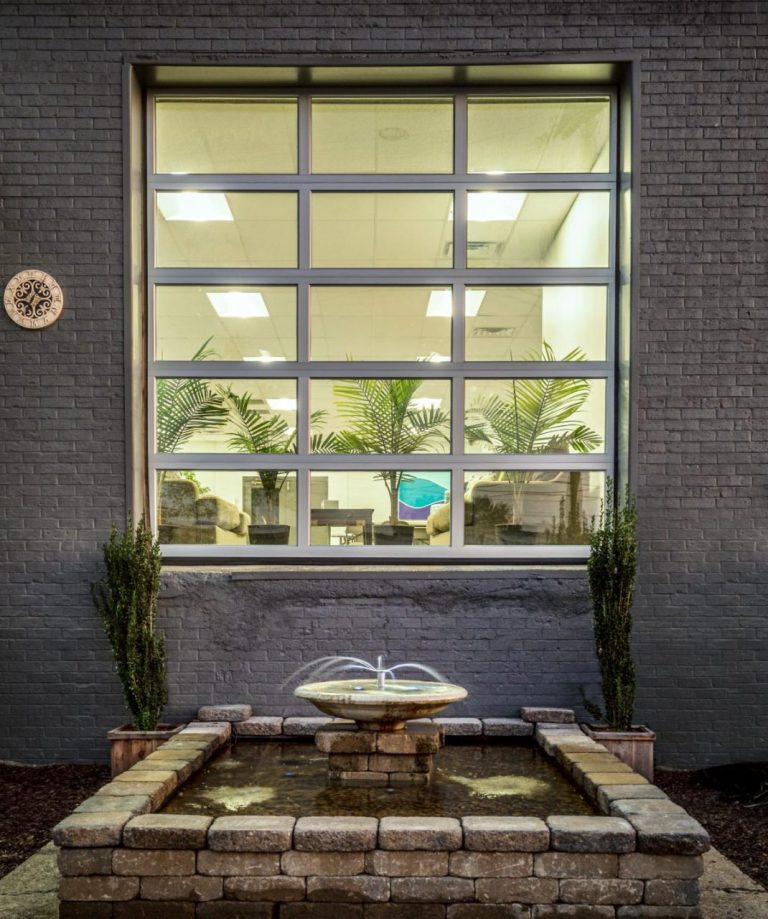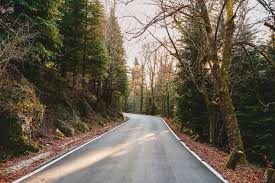“No act of kindness, no matter how small, is ever wasted.” – Aesop

Mount Kilimanjaro, which I climbed in early August, is hard beyond its demanding steepness. The landscape is covered in rocks, and the ground in the dry season is baked dusty hard. I had seen pictures and videos, but after the beginning part of the trek through the rain forest I was a bit shocked by the barrenness, the hard angles, and the sharpness of the mountain. I was more surprised, though, to discover Kili’s soft kindness.
In case you missed an earlier blog, https://www.bethesdaworkshops.org/blog/a-summitless-summit/, my journey up Kilimanjaro was cut short when I became quite ill and had to descend without reaching the summit. I’m certain it was the right decision to leave the mountain, but that disappointment was (and often still is) crushing. The painful lessons in that letdown are bountiful and ongoing, but equally impactful are the memories of the many kindnesses.
I think first of our head guide, a man named Godwin, who initially climbed Kilimanjaro as a porter at age seventeen because he was orphaned and had to provide for himself. From the instant we met him, Holly (my niece who climbed with me) and I felt confident in his ability to guide us through our adventure. In his early 30s, Godwin was bright and interesting, and we were impressed at the maturity that was way beyond his years. We loved his name and relished the idea that God was literally with us on the mountain. It turned out that the quest was a God-win, too, as all the experiences and their messages propelled me deeper into connection with a loving, sustaining God.
Godwin was incredibly patient and kind as I struggled physically on the climb. He listened as I described my symptoms and insisted that I not be reticent about how I was really doing. In my embarrassment and fear of being thought ill-prepared or weak, I kept saying that I had trained and was prepared for Kilimanjaro. At one point Godwin looked me in the eyes and said kindly, “I know you did and you’re very strong. I’m not sure what’s happening, but I promise we’ll keep you safe.”
I appreciated the warm attention, and I noticed that it was given to everyone on the mountain. Porters are the backbone of a Kilimanjaro trek, and Godwin spoke to each one who passed us and offered encouragement. Tasked with carrying close to fifty pounds, porters must complete each day’s hike quickly so that they can set up the next camp and prepare meals. Sadly, porters are often exploited by unscrupulous outfitters who don’t provide proper provisions or gear and who pay them poorly, even siphoning tips that climbers contribute. Holly and I specifically chose an operator that is part of the association supporting ethical treatment of porters, and it showed. Godwin, though, went above and beyond.
Holly described for me the scene after my descent when the team came upon a porter who was alone and struggling. His group had left him behind and he was seriously in trouble. Godwin immediately stopped and tended to him. Ideally, the man needed a helicopter medevac, which is supposed to be free for porters and guides. The for-profit airlift operators, though, are routinely “too busy” or otherwise “unable” to provide a rescue when they learn the patient isn’t a paying climber. After the porter had improved with the water and oxygen provided, without a better option for further help, Godwin shouldered the bulk of the man’s load on top of his own large backpack. He distributed the rest to others, and the group helped the porter reach his next campsite. Godwin explained that he had almost died on Kilimanjaro as a young porter and that he would always do anything he could to protect them. That commitment may come from Godwin’s experience, but the kindness comes from his character.
 Holly was another kind angel on Kilimanjaro. Despite the twenty years’ age difference, we had felt an affinity since her childhood. She shares my love for the outdoors and specifically for hiking, and she quickly was excited about joining me to attempt Kili. We hadn’t spent much time together as adults, and we shared healthy, upfront conversations about our needs and expectations on the trek. I would never have thought to include “kindness” on my list, but that’s what stands out for me about our shared expedition.
Holly was another kind angel on Kilimanjaro. Despite the twenty years’ age difference, we had felt an affinity since her childhood. She shares my love for the outdoors and specifically for hiking, and she quickly was excited about joining me to attempt Kili. We hadn’t spent much time together as adults, and we shared healthy, upfront conversations about our needs and expectations on the trek. I would never have thought to include “kindness” on my list, but that’s what stands out for me about our shared expedition.
Holly was generous in offering her provisions and encouragement – consistently upbeat without being fake or patronizing. Often, she’d quietly come to stand or sit beside me when I had to stop (again) to rest. When it was clear that I couldn’t continue the trek, Holly wrapped me in her arms while I cried like the young child that I felt inside. Despite my being so much older than she is, Holly’s hug and murmured comments felt maternal, like the physical embrace by my spiritual MamaGod. I would never have gotten through all the experiences in Africa, much less enjoyed most of them, without her kind and loving presence.
Itael was the Thomson Trek & Safari employee who met the rescue vehicle at the foot of the mountain and drove me three hours to a hotel in Arusha, a place that became my home for the next five days as I recuperated and waited for Holly to finish the trek. (We had a safari planned afterward.) The guidelines required that I go to the hospital, and Itael was responsible for my transportation there and back. With the complications of the early descent, I had missed lunch, and I knew I had to eat something before I could make it through a medical evaluation. Itael waited patiently a couple of hours while I showered (after four-and-a-half days in the dust and dirt) and ate in the hotel restaurant. It was close to 9 pm before we started for the hospital. It was a harrowing drive for me: a winding route through dark streets thronged with honking vehicles and jostling people browsing among street vendors who were set up in the lanes intended for traffic. Itael took it all in stride and kept assuring me that we were safe and would eventually get to the hospital. Once there, he waited another almost two hours while I was treated by kind doctors and nurses, and then he cheerfully drove me back to the hotel, where we arrived close to midnight. Over the next several days, Itael drove me to the pharmacy and anywhere else I needed to go. He understood my discomfort at being alone in a foreign city where I was unfamiliar with the culture and language, and he kindly agreed to go inside with me everywhere and stay within eyesight.
One day when I was feeling better I chatted with two men who were working at the hotel’s front desk. As I described my experience on Kilimanjaro, all that had led me there at age 68 to tackle the mountain, and the heartbreak at having to descend early, both men teared up. One came around the counter to hug me.
A special server at the hotel restaurant took me under her wing the first night I ate before going to the hospital. Someone else had taken my order, and I flagged down Hidaya after forty-five minutes when I hadn’t seen either the waiter or the food. When I apologized for bothering her and explained the situation (with a few tears because I was so exhausted and hungry), she leaned down and said, “I am here for you now and I will take care of you.” The kindness of her simple statement made me cry more, and I teared up often over the next five days as she made good on her promise. Hidaya noticed when I arrived and made a point to tend to me. At lunch she’d smile and reheat the leftovers I brought back from supper the night before. She’d fuss over me and encourage me to eat more and to hydrate. We chatted about her difficult history and situation, and I told her about Kilimanjaro. I asked for a picture when Holly and I were leaving, and we hugged and both cried as we said goodbye. (Yes, I cried a lot during this test of my mettle, and I’ve cried most of the times I’ve thought about all of it since getting home.)
 The most touching kindness came at the end of the trek when I got to return to Kilimanjaro and meet Holly as she was coming off the mountain. During the lunch ceremony, I knew that she would receive her certificate for summiting, and for some reason I thought that I would also get something official that indicated how far I had climbed. That acknowledgement was important to me after gutting through four days and finishing half the trek. I mentioned that to Godwin, who explained there wasn’t anything provided other than for reaching the summit. Embarrassingly, I immediately burst into tears, yet again. I couldn’t stop them, and I wept off and on for the next hour, shaming myself all the while for being “ridiculous.”
The most touching kindness came at the end of the trek when I got to return to Kilimanjaro and meet Holly as she was coming off the mountain. During the lunch ceremony, I knew that she would receive her certificate for summiting, and for some reason I thought that I would also get something official that indicated how far I had climbed. That acknowledgement was important to me after gutting through four days and finishing half the trek. I mentioned that to Godwin, who explained there wasn’t anything provided other than for reaching the summit. Embarrassingly, I immediately burst into tears, yet again. I couldn’t stop them, and I wept off and on for the next hour, shaming myself all the while for being “ridiculous.”
When the time came for the certificate ceremony, I was proud and happy for Holly to receive hers from Godwin. Then he turned to me with a smile and surprised me with a slim paper sack that contained a large postcard of the mountain. On it, he had written a lovely paragraph about how strong and brave I was and how much I had positively impacted the whole team, both as I climbed and as I let go of the dream of summiting Kilimanjaro. Seeing my earlier distress, he had bought the postcard from the gift shop in our lunch compound and had prepared it as a uniquely personal “certificate” of my Kili journey. Such a beautifully kind gesture. Wow!
Maya Angelou writes, “I’ve learned that people will forget what you said, people will forget what you did. But people will never forget how you made them feel.” In general, I agree with that message. I am blessed, though, also to remember these actions and words as well as the feelings.
Life is hard, and we need each other. Be kind.
Marnie C. Ferree, Founder

